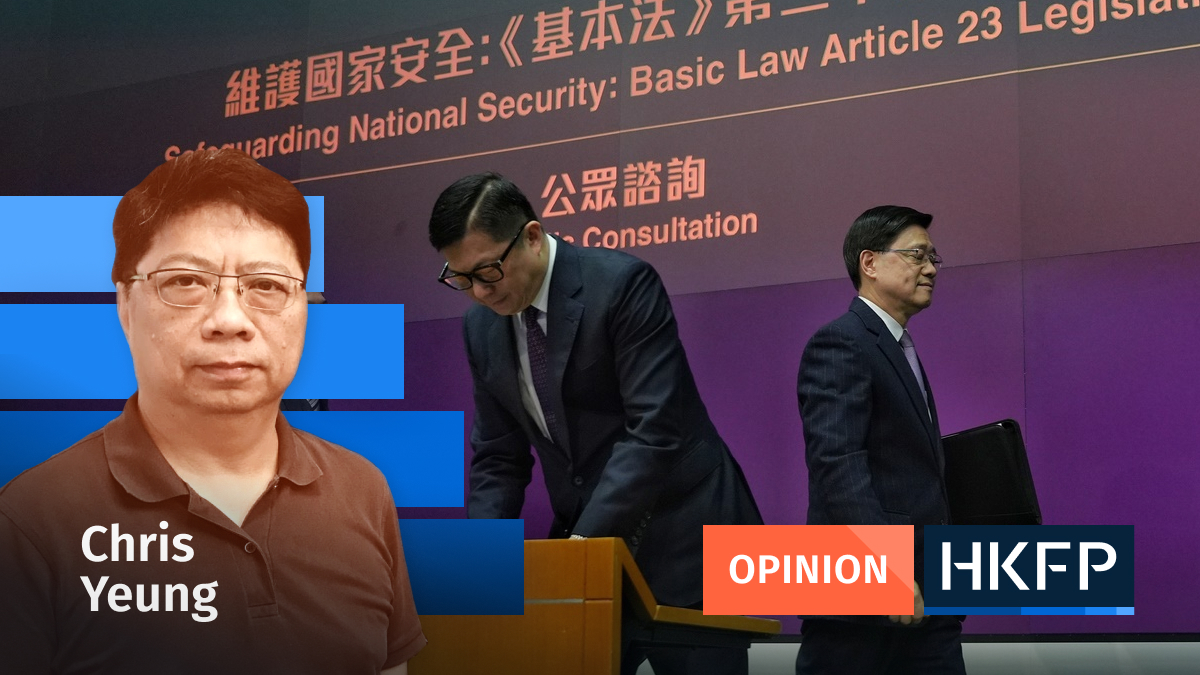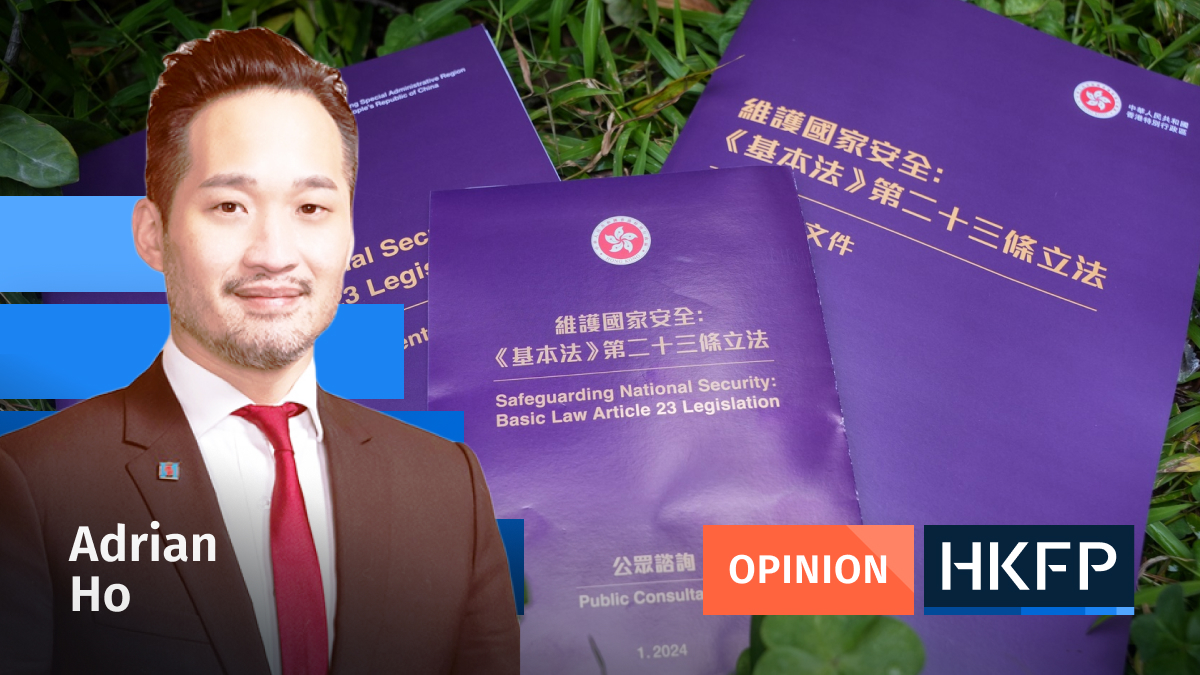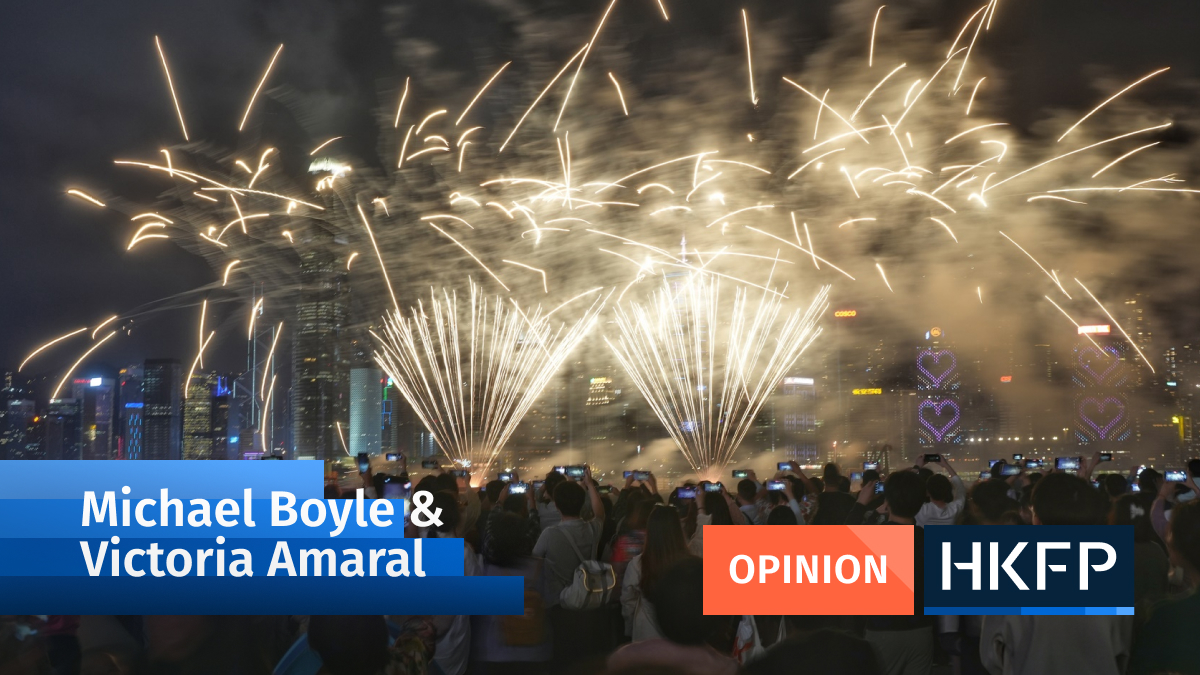Shall I go or should I stay? It’s a conversation that is taking place in more or less every household in Hong Kong whose members have the option of emigrating.
A recent public opinion survey contains the breathtaking finding that 20 per cent of respondents intend to emigrate, of whom 45 per cent are planning to do so within the next two years. In other words around 1.5 million Hongkongers are actively thinking of leaving.
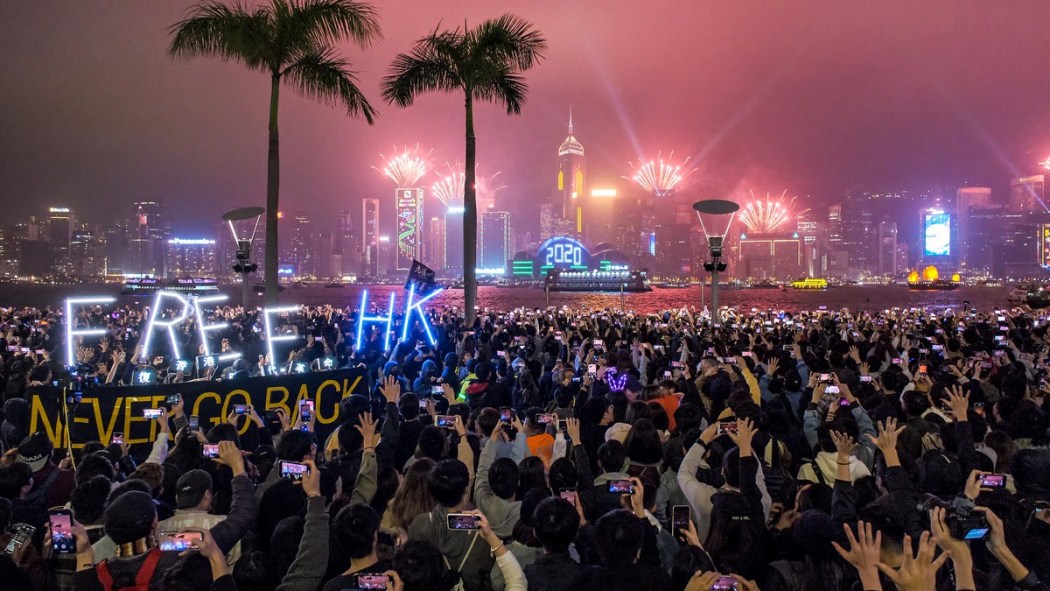
Caution needs to be exercised in extrapolating too much from an opinion poll, even one conducted by the widely respected Hong Kong Institute of Public Opinion. However these findings reflect a trend of other surveys and very much echo anecdotal evidence from every nook and cranny, where the subject of emigration comes up with almost monotonous frequency.
There is no mystery about why this is so. Hongkongers have been seriously rattled by the introduction of the new National Security Law. There are fears that the white terror sweeping through the education system will lead to indoctrination of children and concerns that once Hong Kong ceases to be an international centre, the economy will sink.
Overshadowing all this is the fear of the midnight knock on the door as the rule of law is transformed into rule by law. Many people who are not directly involved in politics nervously try to assure themselves that they have nothing to fear if they stay quiet and keep their thoughts to themselves. However even the smallest familiarity with history should be sufficient to understand that silence affords only minimal protection in a police state.
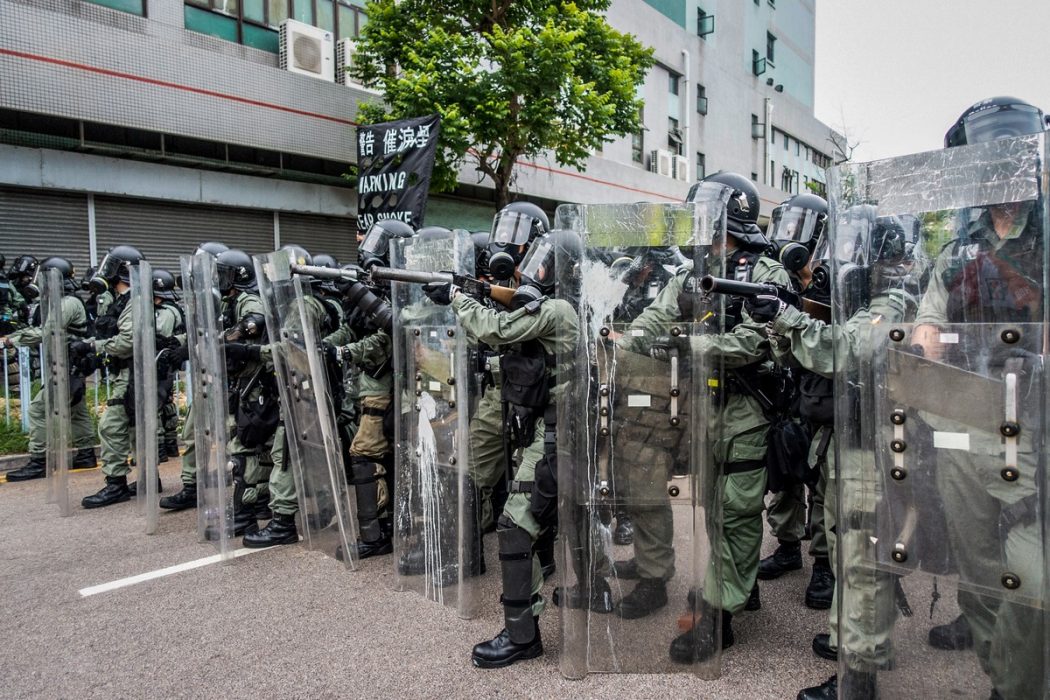
So people are agonising over the enormous decision of whether to up sticks and go. It is a massive decision by any standards. All the more so when it involves leaving a place that is deeply loved and gave its citizens great opportunities, material comfort and a way of life that they are loath to leave behind.
The uncertainty is all the more excruciating by the fact that for most people the worst has not happened and may indeed never happen. In these circumstances how stupid would they be if this turned out to be some kind of massive false alarm?
Many people point to the mass exodus from Hong Kong in the 1980s when fears over the handover were intense and, at the very least, families were keen to establish an escape route to a democratic country overseas.
In the event it appeared that some of these fears were overblown. Emigrants then discovered that their destinations were somewhat boring and offered far fewer economic opportunities. So people started trickling back but they did so with a foreign passport firmly in hand, often leaving behind children who had adapted far more easily to their new homes.

The difference today is that there is tangible evidence of what it means to live in a place that draws ever closer to the world’s largest dictatorship. Some 10,000 citizens have been arrested, school books have been purged, jobs have been lost for political reasons and the threats to curtail even more freedoms flow thick and fast.
And yet even now Hong Kong retains a degree of liberty that is unthinkable on the Mainland. The SAR remains firmly in the international spotlight, suggesting that the level of repression seen in other parts of China cannot so readily be imposed here. Moreover, despite the battering and intimidation of those daring to oppose the regime, it remains the case that most of the people are resolutely committed to the cause of a democratic Hong Kong. The mythical silent majority, who allegedly just love autocracy, simply does not exist.
At the end of the day decisions about emigration are as much personal as they are political, probably more personal in fact. Those who have chosen to stay and fight for democracy should not criticise those who decide to leave; equally it would be better if those who have decided to go could exercise restraint in lecturing those who decide to stay on the dangers of their course of action.
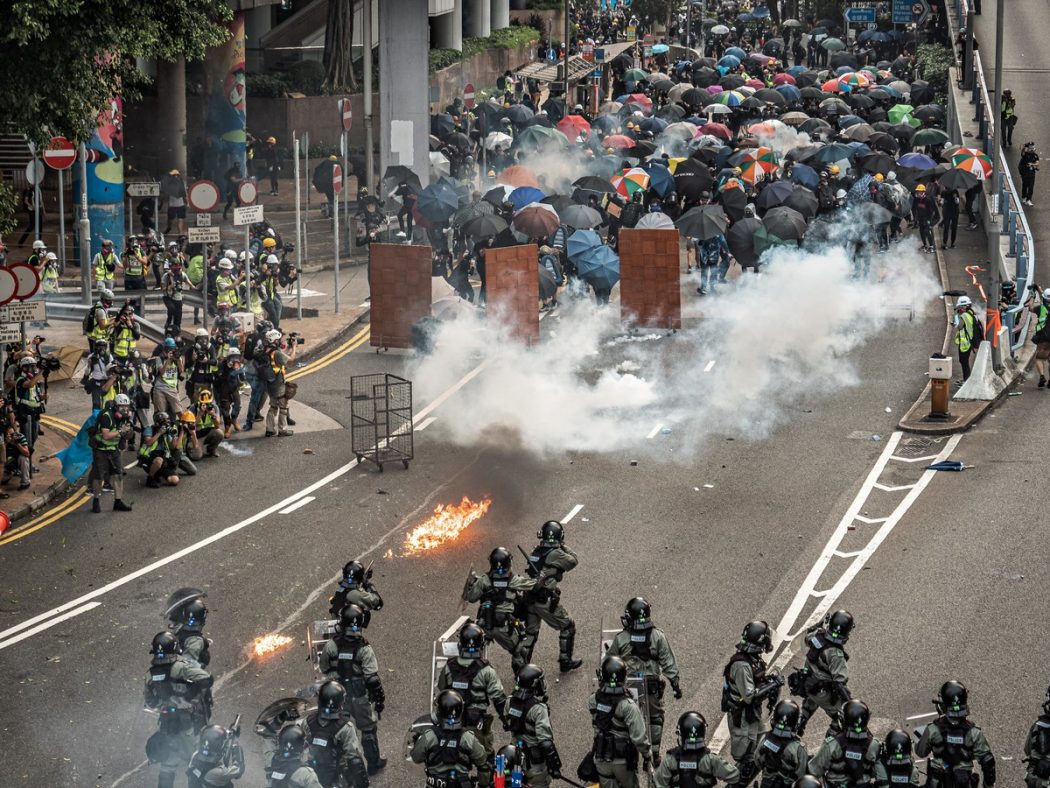
To say that we are living in uncertain times is to stretch a platitude too far. Frankly, we are living in terrifying times and every individual must think about how to deal with where we are now.
Maria Ressa, the impressively brave Filipino journalist and human rights activist, made a telling remark in a documentary about herself. She said, “Every generation gets the democracy it deserves, so fight for your rights. Fight for democracy.” At the end of the day no other country or force can do what people must do for themselves. What we know for certain is that autocracies never willingly surrender power and that democratic societies only emerge as a result of the tenacity and courage of those who have stood up for their beliefs.
Not everyone will want to get involved in the struggle for democracy but one thing is for sure – it is never achieved without a fight. The question is: is it worth deciding to stay and being part of this fight?
Support HKFP | Policies & Ethics | Error/typo? | Contact Us | Newsletter | Transparency & Annual Report | Apps
| HKFP is an impartial platform & does not necessarily share the views of opinion writers or advertisers. HKFP presents a diversity of views & regularly invites figures across the political spectrum to write for us. Press freedom is guaranteed under the Basic Law, security law, Bill of Rights and Chinese constitution. Opinion pieces aim to point out errors or defects in the government, law or policies, or aim to suggest ideas or alterations via legal means without an intention of hatred, discontent or hostility against the authorities or other communities. |
Help safeguard press freedom & keep HKFP free for all readers by supporting our team

More HKFP OPINION:
HKFP has an impartial stance, transparent funding, and balanced coverage guided by an Ethics Code and Corrections Policy.
Support press freedom & help us surpass 1,000 monthly Patrons: 100% independent, governed by an ethics code & not-for-profit.





